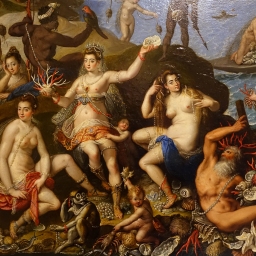A pandemic of water privatization: Poverty and lack of water in Chile
Maria Christina Fragkou – Hydrofeminist collective La Gota Negra/ Department of Geography, University of Chile mariac.fragkou@uchilefau.cl Chile is globally renowned for its neoliberal politics, imposed during the military dictatorship between 1973 and 1990, and the implications these have had on water management, crystallised in the infamous Chilean Water Code that has been studied extensively by … Continue reading A pandemic of water privatization: Poverty and lack of water in Chile









